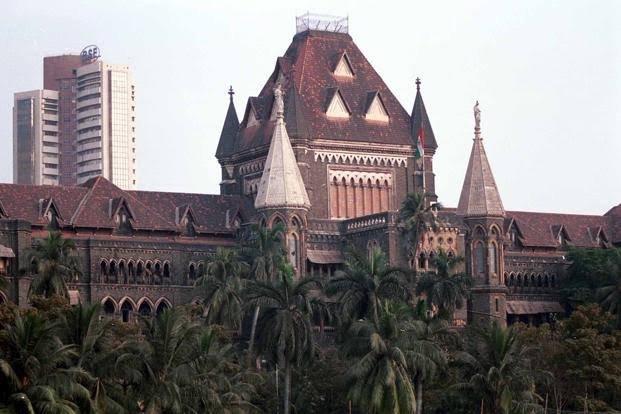MUMBAI: In a ruling that underscores the growing judicial unease over financial crimes treated as negotiable infractions, the Bombay High Court has held that settlements with India’s market regulator cannot erase the criminal dimensions of alleged IPO manipulation. The decision, delivered by a division bench, reopens questions about accountability in white-collar cases that often straddle the blurry line between regulatory violation and criminal misconduct.
A Case That Reaches Back to the Early 2000s IPO Boom
A division bench of Justice A.S. Gadkari and Justice Ranjitsinha Raja Bhonsale of the Bombay High Court on Friday dismissed two writ petitions filed by businessman Manoj Gokulchand Seksaria, who had sought to quash ongoing CBI prosecutions tied to alleged manipulation during the initial public offerings of Yes Bank and IDFC between 2003 and 2004.
Seksaria, who was previously investigated by the Securities and Exchange Board of India (SEBI), argued that regulatory proceedings against him had already concluded more than a decade earlier under a 2009 SEBI consent order, where he paid over ₹2.25 crore in disgorgement and settlement charges. This, he claimed, made the continuation of criminal prosecution redundant.
But the court took a sharply different view. The judges stressed that merely paying settlement fees to the market regulator cannot erase potential criminal liability for acts that allegedly destabilize public markets or violate the trust of retail investors.
“We are of the firm view that only because money has been paid, an accused cannot be exonerated from the criminal liability,” the bench observed. “To quash the criminal proceedings… on the ground that monies have been paid to SEBI under a consent order would be misplaced and set wrong precedent.”
Allegations of Forgery, Fictitious Accounts, and Cornering Retail Shares
The CBI’s case paints a broader and more complex picture than the one addressed by SEBI’s settlement. Investigators allege that Seksaria and others orchestrated a scheme to corner shares meant for retail investors by creating fictitious bank and demat accounts. These accounts were allegedly used to apply for IPO allotments in bulk and then transfer the shares to the accused for profit. Several public-sector bank employees, the CBI claims, aided the operation by facilitating these fraudulent accounts.
The agency contends the offences go beyond mere regulatory breaches, involving forgery, conspiracy, and systemic abuse of the IPO process. Such manipulation, the CBI argued, undermines faith in the fairness of financial markets and affects countless retail investors who rely on transparent disclosures and equal access.
Dismissing Seksaria’s argument that the SEBI order should shield him from further prosecution, the court held that the regulatory settlement “had no bearing” on the CBI’s criminal investigation, which was already underway when the consent order was signed.
The Court’s Broader Warning on White-Collar Crime
Throughout the judgment, the bench emphasized a principle increasingly central to India’s jurisprudence: serious financial offences cannot be treated as private disputes capable of settlement.
The court noted that acts allegedly committed “with a deliberate design with an eye of personal profit or unjust enrichment” cannot be wiped clean simply because the accused pays a penalty to a regulator. Such cases, it said, carry consequences for society at large, not just for counterparties or complainants.
The judges also warned against allowing economic offenders to “escape scrutiny through settlements,” calling such an approach an “absolute abuse of process of law.”
“Heinous or serious offences, offences against society, economic offences against the financial system cannot be quashed even if there is a settlement or compensation,” the bench observed.
Regulatory Settlement vs. Criminal Liability: A Legal Fault Line
The ruling highlights a persistent tension within India’s enforcement ecosystem: while SEBI’s consent mechanism allows for negotiated settlements without admission of guilt, criminal prosecutions — especially those handled by the CBI — operate on a different axis.
The court reiterated that disgorgement or settlement fees paid to SEBI do not affect, influence, or nullify ongoing criminal proceedings. To hold otherwise, the judges suggested, would effectively allow individuals implicated in market-wide manipulation to purchase legal absolution.
Legal experts say the decision is likely to influence future cases where accused persons seek to use regulatory settlements as shields against criminal action.


